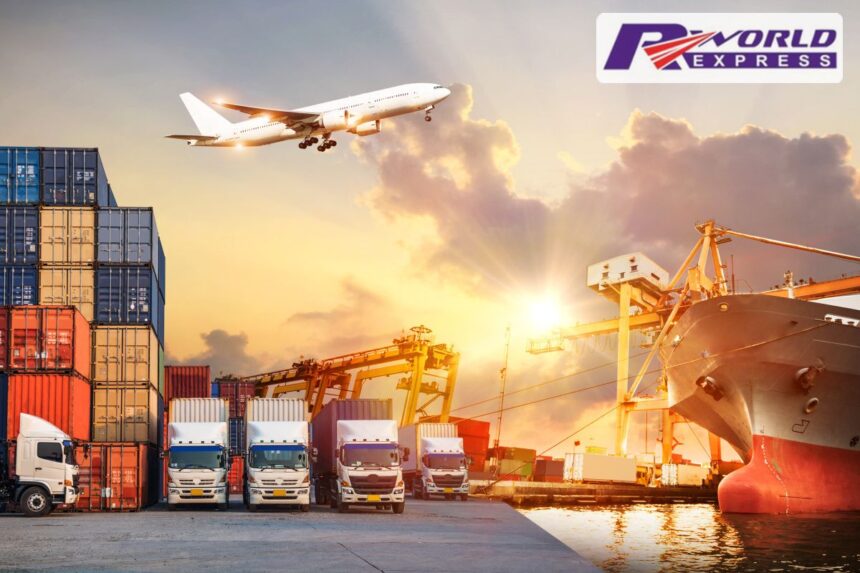Introduction
Cargo transportation from the United Kingdom (UK) to India is an essential service that is in high demand. It enables individuals, businesses, and organizations to move goods and materials across long distances, ensuring that they reach their intended destination safely and on time. However, the process of shipping cargo uk to india can be complicated, involving numerous steps and requirements that need to be met. In this guide, we will take you through everything you need to know about cargo transportation from the UK to India.
Understanding Cargo Transportation
Cargo transportation is the process of moving goods and materials from one place to another. It is an essential part of global trade, enabling businesses and organizations to move their products across long distances to reach new markets and customers. The transportation of cargo can be done by land, sea, or air, depending on the type of goods, distance, and urgency.
In the case of cargo transportation from the UK to India, the most common modes of transportation are sea and air. Sea transportation is usually the preferred method for transporting large volumes of cargo, while air transportation is faster and more expensive, making it ideal for urgent shipments.
Preparing Your Cargo for Shipping
Before you can ship your cargo from the UK to India, you need to ensure that it is properly prepared for transportation. This involves packaging your goods securely to prevent damage during transit and complying with any regulations that may apply.
Packaging:
Proper packaging is essential for ensuring that your cargo arrives at its destination in good condition. Depending on the type of goods you are shipping, you may need to use specialized packaging materials or containers to protect your cargo during transit. It is also important to label your packages clearly with information such as the destination address, the weight of the package, and any handling instructions.
Regulations:
When shipping cargo from the UK to India, you may need to comply with various regulations, including customs regulations, export regulations, and import regulations. It is important to research these regulations thoroughly to ensure that you are meeting all the necessary requirements. This may involve obtaining permits, licenses, and other documentation.
Choosing a Shipping Method
Once you have prepared your cargo for shipping, the next step is to choose a shipping method that meets your needs. The two most common methods of shipping cargo from the UK to India are sea and air transportation.
Sea Transportation: Sea transportation is usually the most cost-effective method for shipping large volumes of cargo. It involves loading your cargo onto a shipping container, which is then transported by sea to its destination. The transit time for sea transportation can vary depending on the shipping route, but it usually takes several weeks.
Air Transportation: Air transportation is faster than sea transportation but also more expensive. It is ideal for urgent shipments or for goods that require special handling, such as perishable goods or hazardous materials. The transit time for air transportation is much shorter than sea transportation, usually taking just a few days.
Choosing a Freight Forwarder
When shipping cargo from the UK to India, it is essential to work with a reputable and experienced freight forwarder. A freight forwarder is a company that specializes in arranging the transportation of goods from one place to another. They can handle all aspects of the shipping process, including preparing your cargo for transit, choosing a shipping method, and handling any customs clearance procedures.
When choosing a freight forwarder, it is important to consider factors such as their experience, reputation, and pricing. You should also ask for references and check their credentials to ensure that they are licensed and insured.
Customs Clearance Procedures
When shipping cargo uk to india, you will need to go through customs clearance procedures. This involves obtaining clearance from the relevant customs authorities to allow your cargo to enter the country. The procedures for customs clearance can be complex and time-consuming, so it is essential to work with an experienced freight.



